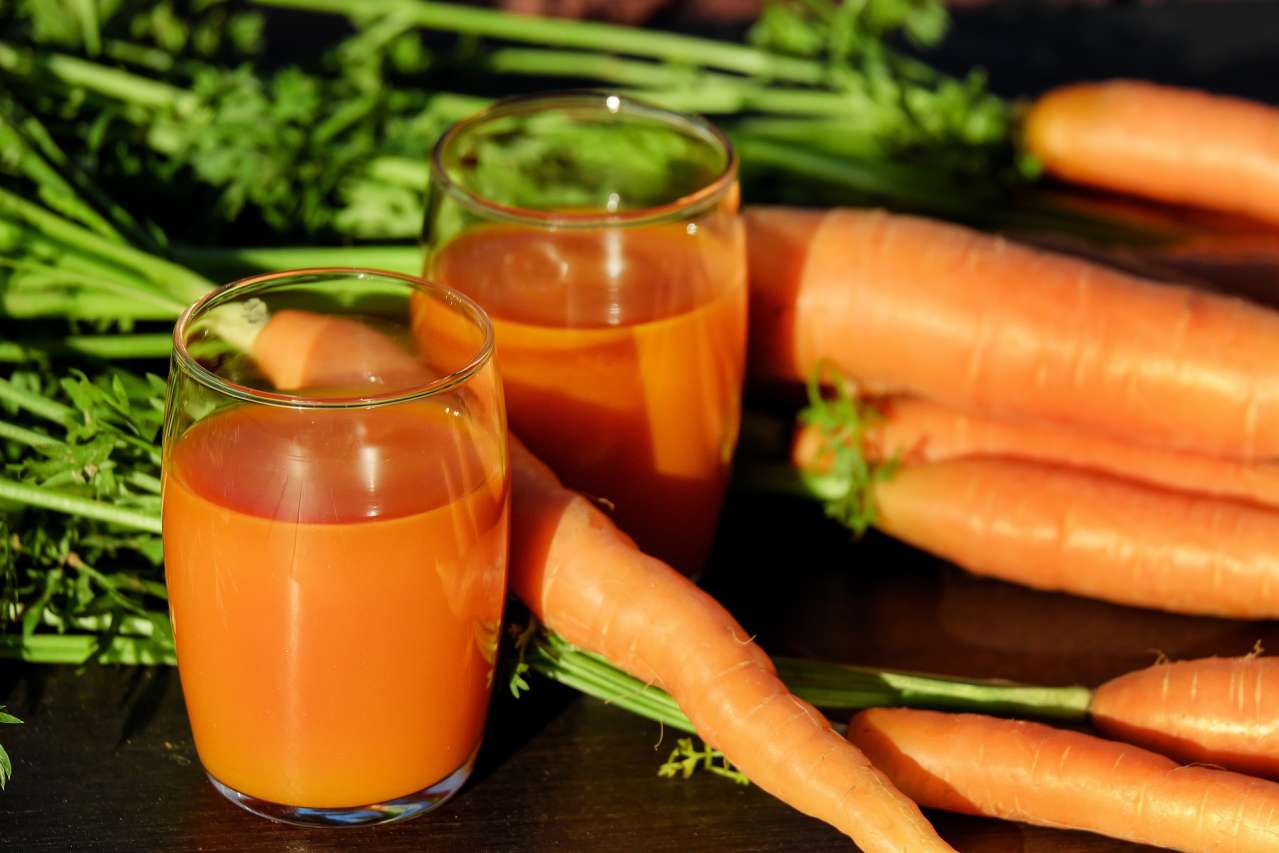Carrots: Health Benefits
Although the carrot's "slightly pungent", "nutty" flavor, and "juicy-crunchy" texture make it suitable for eating raw or cooked, some tasters consider it "noticeably more bitter" when cooked.
What are the benefits of raw carrots
Regular consumption of carrots has a beneficial effect on the cardiovascular system. The vegetable helps lower cholesterol levels and improves the elasticity of blood vessels. Carrots contain potassium. It is a vasodilator and helps lower blood pressure.
Raw carrots contain quite a lot of vitamin C. As we know, this vitamin is responsible for increasing the bioavailability of iron that enters the body with food. For example, a great blood pairing is red meat garnished with fresh carrots.
Carrots contain beta-carotene, which improves lung function. Beta-carotene is a precursor of vitamin A. Once in the human body, carotene is converted into vitamin A, which is most useful for young women. In addition, the healing properties of carrots are associated with strengthening the retina.
What is the healthiest form of carrots
Carrots, if cooked, will give us more vitamin A. Scientists have proven that boiled carrots are 1.5 times more effective source of beta-carotene than raw ones.

In order for beta-carotene to be absorbed effectively, it is better to grind carrots into a puree and add a little fat to it - vegetable oil or cream. This is because vitamin A is a fat-soluble vitamin and is better absorbed with them.
